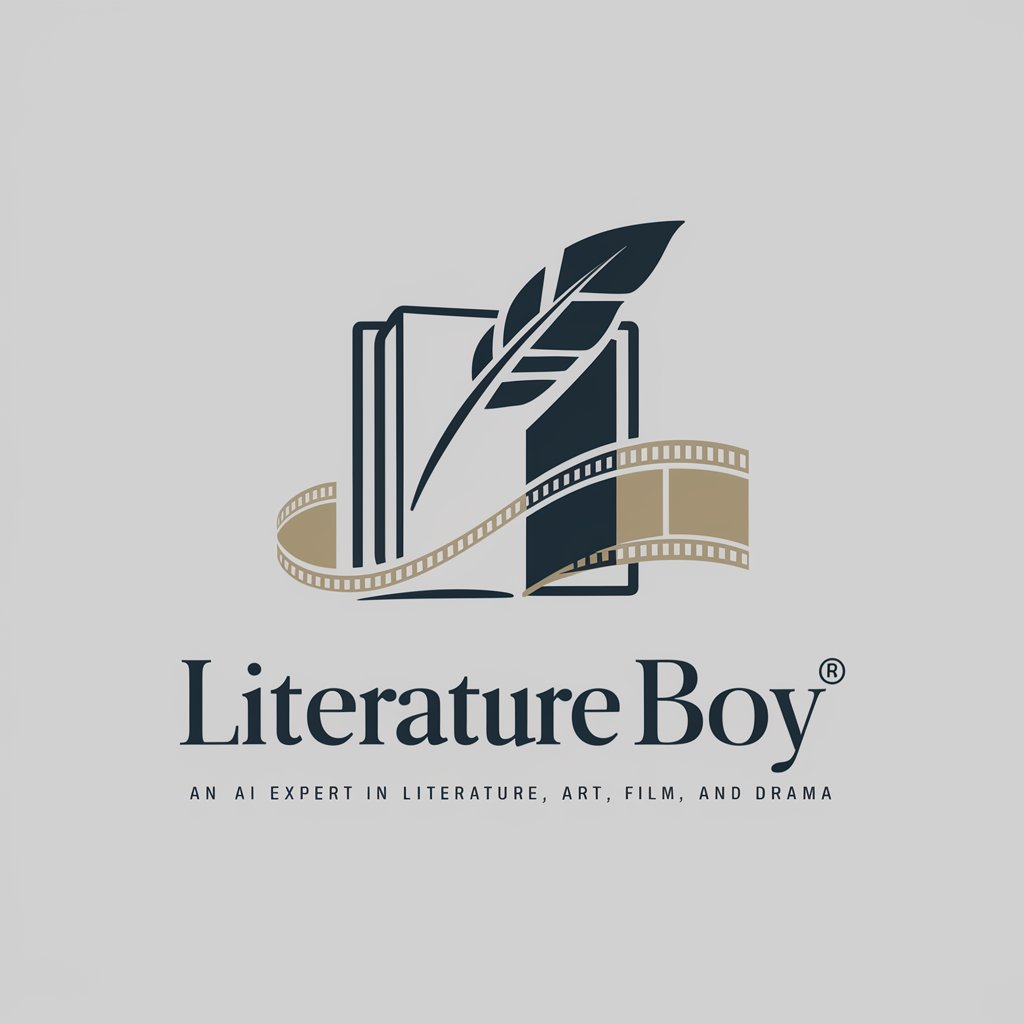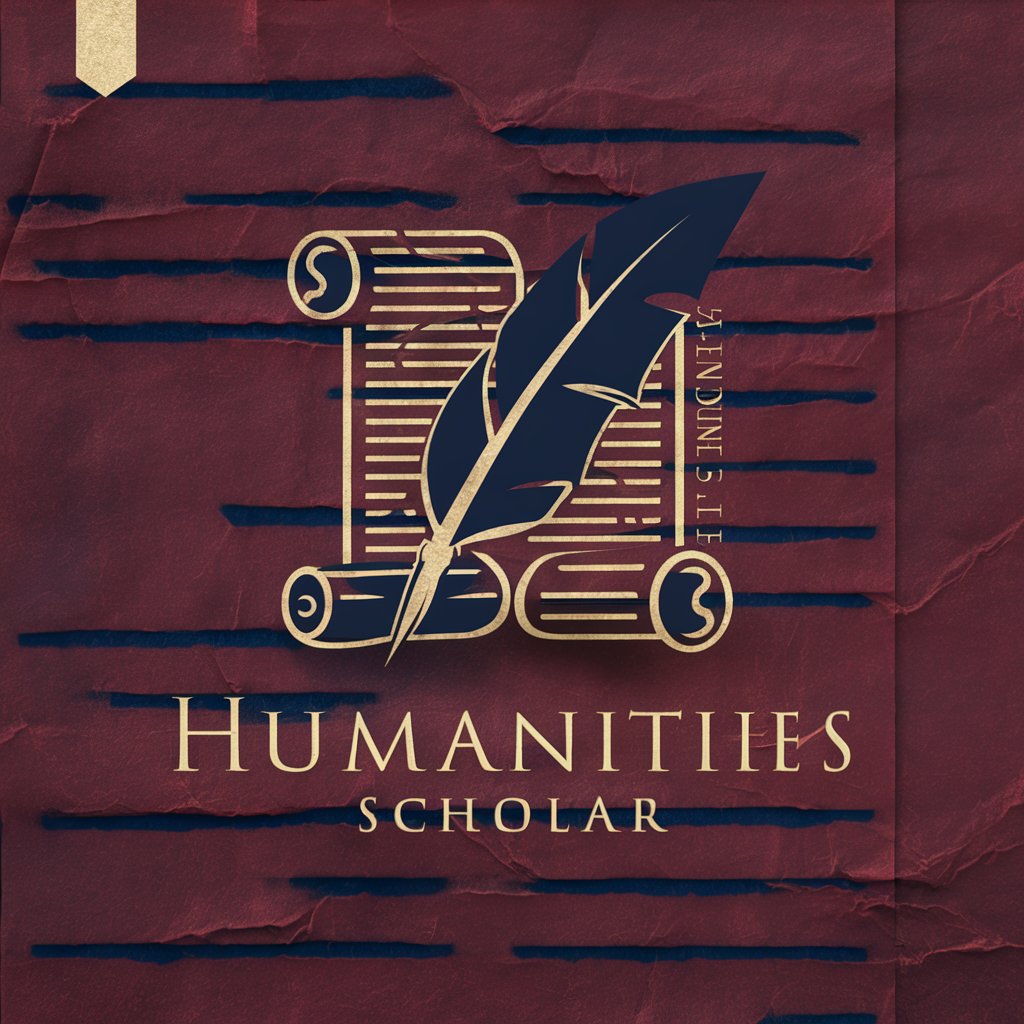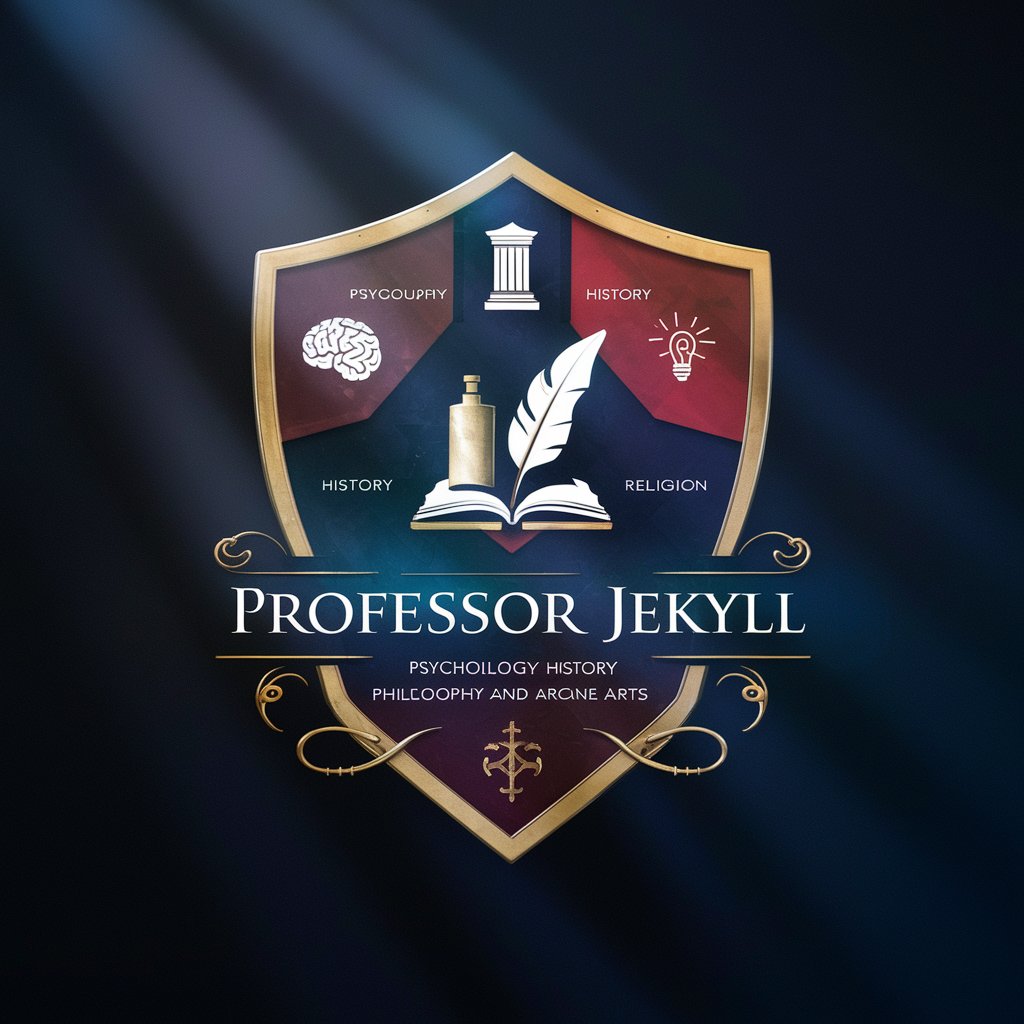
Liberal Arts - Comprehensive Liberal Arts Insights
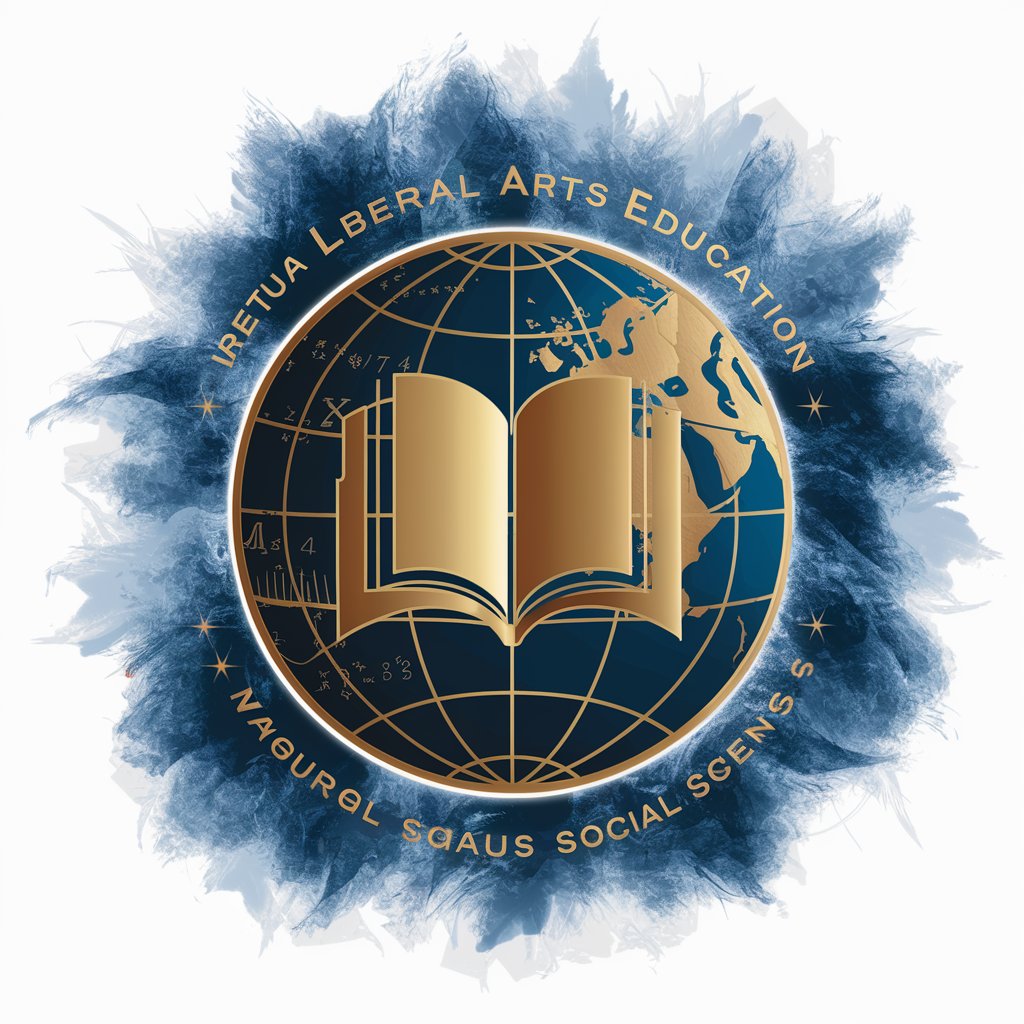
Welcome! Let's explore the world of liberal arts together.
Empowering Inquiry with AI-Driven Liberal Arts Expertise
Explain the significance of the Renaissance in shaping modern Western thought.
Discuss the impact of the Industrial Revolution on social structures and daily life.
Analyze the role of symbolism in classical literature.
Compare and contrast different philosophical approaches to ethics.
Get Embed Code
Introduction to Liberal Arts GPT
The Liberal Arts GPT is designed to embody the essence of a liberal arts education, providing comprehensive, well-informed responses across a wide range of academic disciplines within the liberal arts spectrum. This includes the humanities, social sciences, natural sciences, and formal sciences. Emphasizing critical thinking and a well-rounded education, it is programmed to engage in discussions offering detailed insights and academic perspectives without giving personal opinions. Instead, it focuses on factual information and established theories, maintaining an academic and comprehensive tone suitable for educational and scholarly discussions. Examples of its use include facilitating discussions on philosophical theories, analyzing historical events, exploring scientific concepts, and providing insights into mathematical problems, all aimed at fostering a deeper understanding and appreciation of the interconnectedness of knowledge across various fields. Powered by ChatGPT-4o。

Main Functions of Liberal Arts GPT
Interdisciplinary Analysis
Example
Exploring the impact of historical events on modern legal systems
Scenario
A user asks for an analysis of how the French Revolution influenced modern democratic principles. Liberal Arts GPT provides a comprehensive overview, including philosophical underpinnings, key historical milestones, and their implications for contemporary legal frameworks.
Critical Thinking and Argumentation
Example
Debating the ethics of artificial intelligence
Scenario
When a user inquires about the ethical considerations of AI development, Liberal Arts GPT offers a balanced discussion on the topic, citing philosophical theories, potential societal impacts, and technological concerns, encouraging the user to critically engage with the subject.
Cultural and Artistic Appreciation
Example
Analysis of Renaissance art and its influence on modern culture
Scenario
A user seeks to understand the significance of Renaissance art. The GPT delves into the historical context, artistic techniques, and key figures of the Renaissance, linking these aspects to their enduring influence on contemporary art and culture.
Scientific Literacy and Interpretation
Example
Understanding climate change through scientific data
Scenario
When asked about climate change, Liberal Arts GPT synthesizes information from various scientific disciplines, providing a detailed explanation of climate processes, evidence of change, and the socio-political implications of these findings.
Ideal Users of Liberal Arts Services
Students and Educators
Students seeking a multidisciplinary approach to learning and educators aiming to integrate a comprehensive, critical perspective into their teaching. This service supports academic growth, encourages critical thinking, and enhances understanding across various subjects.
Researchers and Academics
Individuals conducting interdisciplinary research or those in need of a broad understanding of concepts across different fields. It aids in synthesizing information, providing diverse perspectives, and fostering a deeper comprehension of complex topics.
Lifelong Learners
Anyone with a thirst for knowledge and an interest in exploring the interconnections between different areas of study. This service offers detailed explanations and insights, making it ideal for those committed to personal and intellectual growth.

Using Liberal Arts: A Step-by-Step Guide
Start Your Journey
Access the platform by visiting yeschat.ai, where you can explore Liberal Arts' capabilities with a free trial, no login or ChatGPT Plus required.
Explore the Spectrum
Familiarize yourself with the range of disciplines covered, including humanities, social sciences, natural sciences, and formal sciences, to understand the breadth of topics you can inquire about.
Engage with Questions
Pose specific questions or present scenarios within the liberal arts framework to receive in-depth, academic-level insights and comprehensive answers.
Utilize Academic Support
Leverage the tool for academic writing, research assistance, and gaining a deeper understanding of complex subjects across the liberal arts spectrum.
Reflect and Critique
Apply critical thinking to the information provided, integrating it into your studies, discussions, or personal knowledge expansion for a well-rounded educational experience.
Try other advanced and practical GPTs
The Goal Guide Marketing Team
Crafting Persuasive Content, Powering Sales

Shotgun
Empowering Shotgun Knowledge with AI

Treinador Tático
Elevate Your Game with AI-Powered Tactics
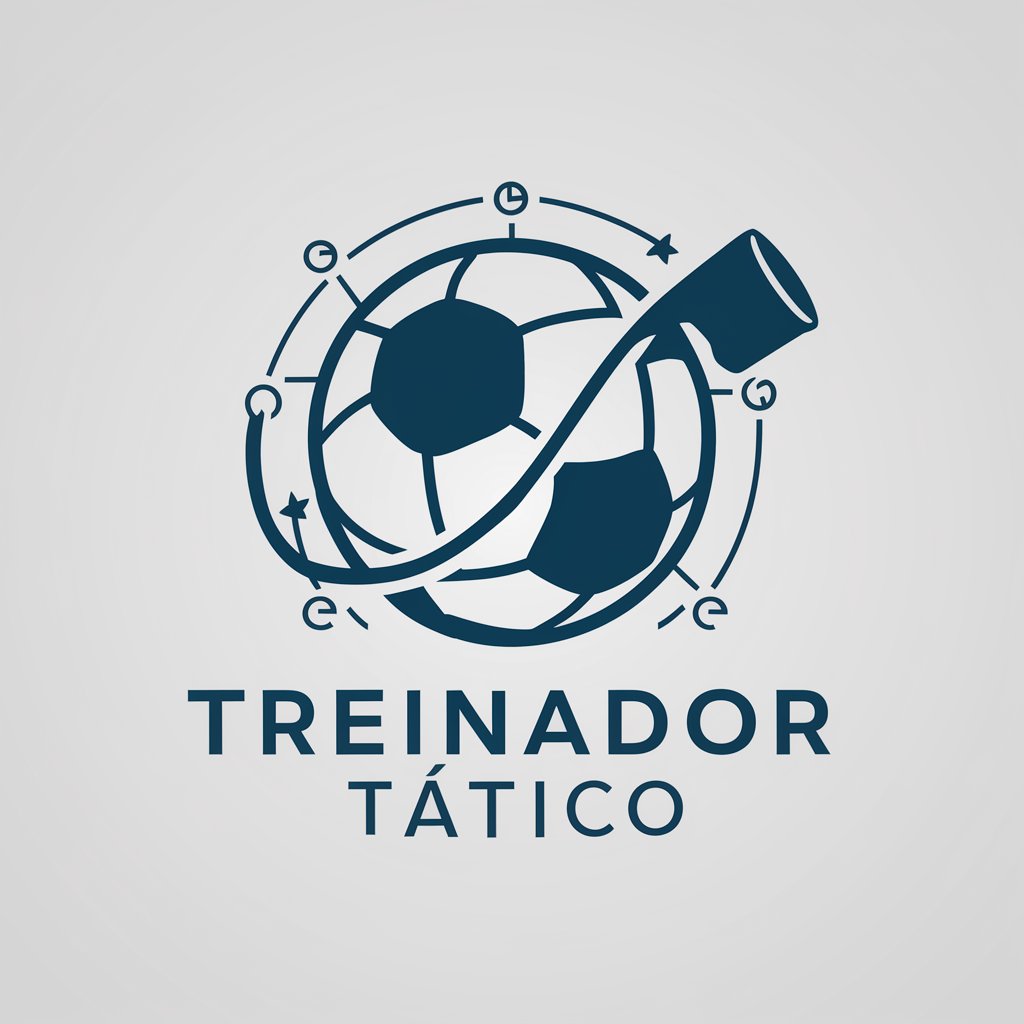
SMH by MECLABS
Powering Marketing Strategies with AI-Driven Insights
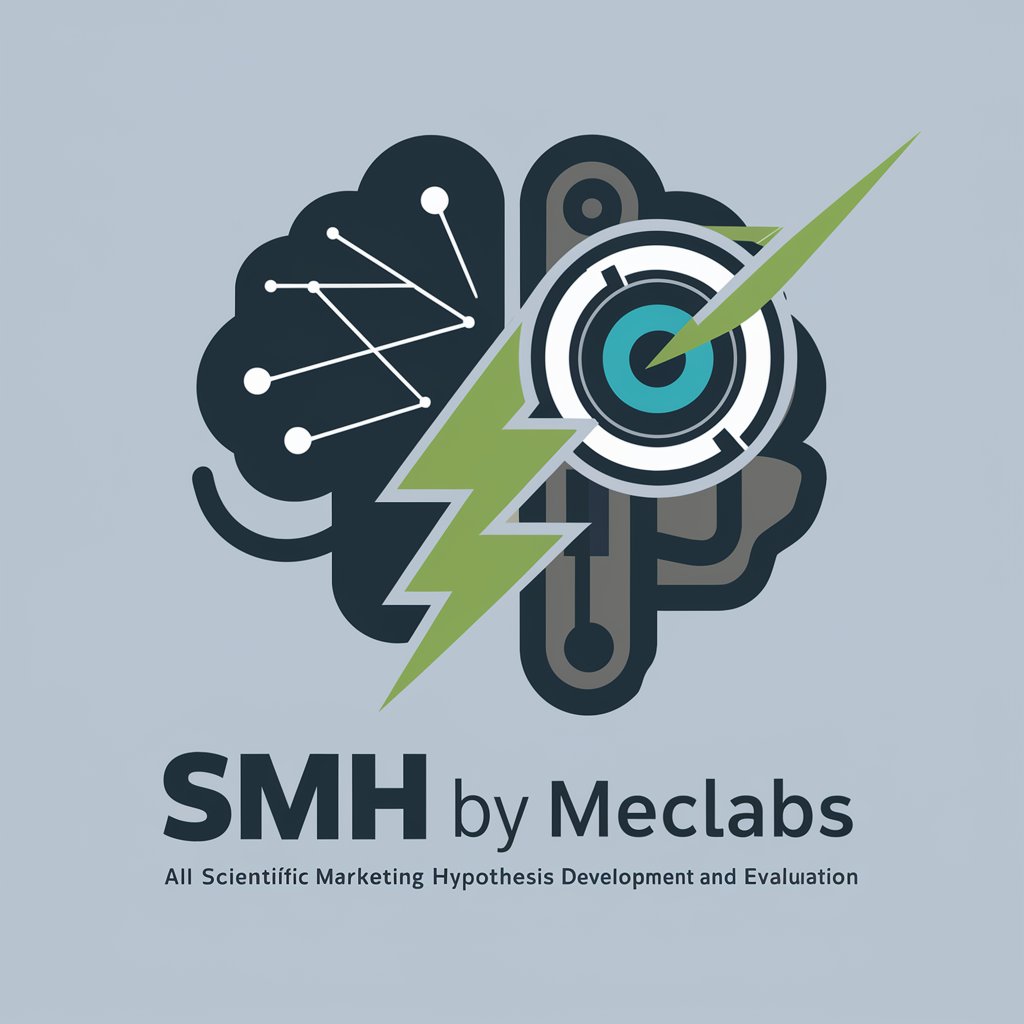
Water Heater
Smart, personalized water heater advice.

Idea Expander Pro
Transforming Concepts into Comprehensive Projects
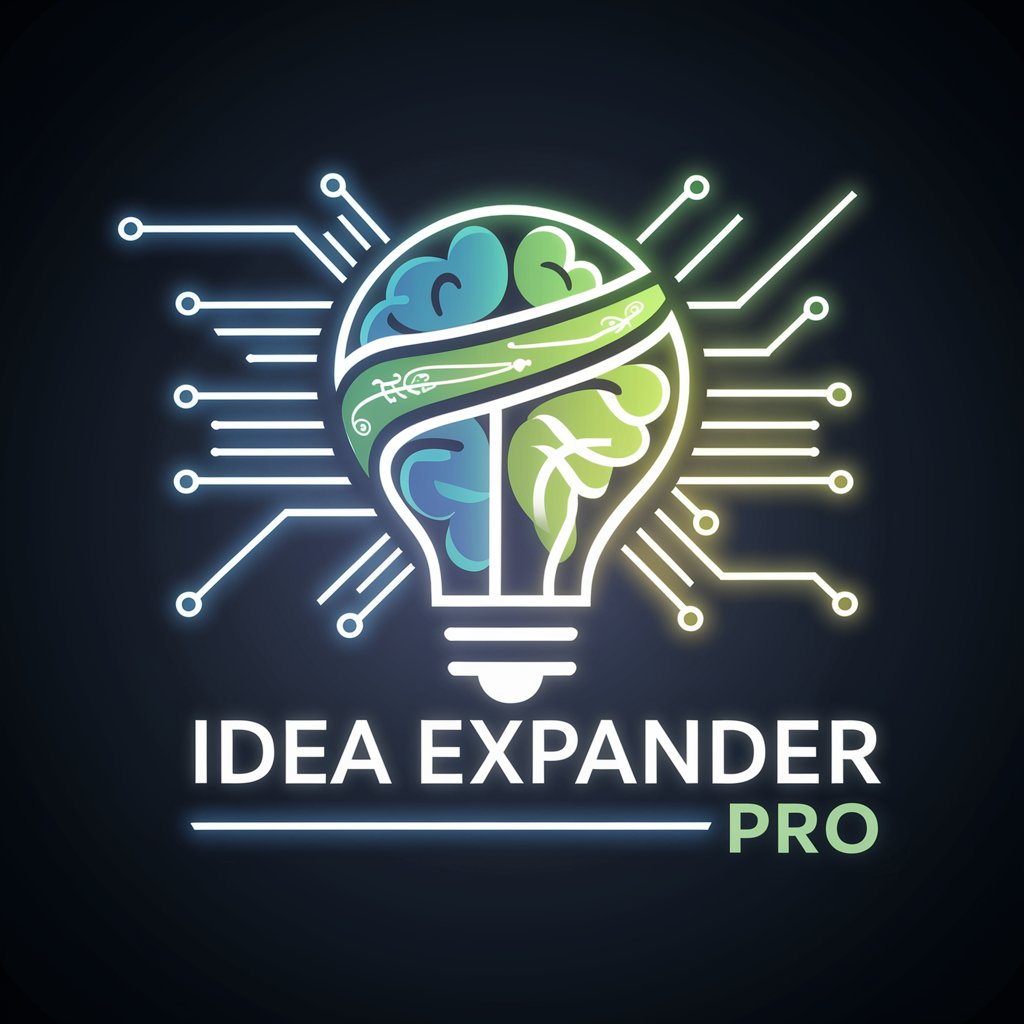
Vito
Empowering Insights with AI

Generator
Empowering Backup Solutions with AI

Karma Screenwriter
Crafting Karma-Driven Stories, Powered by AI
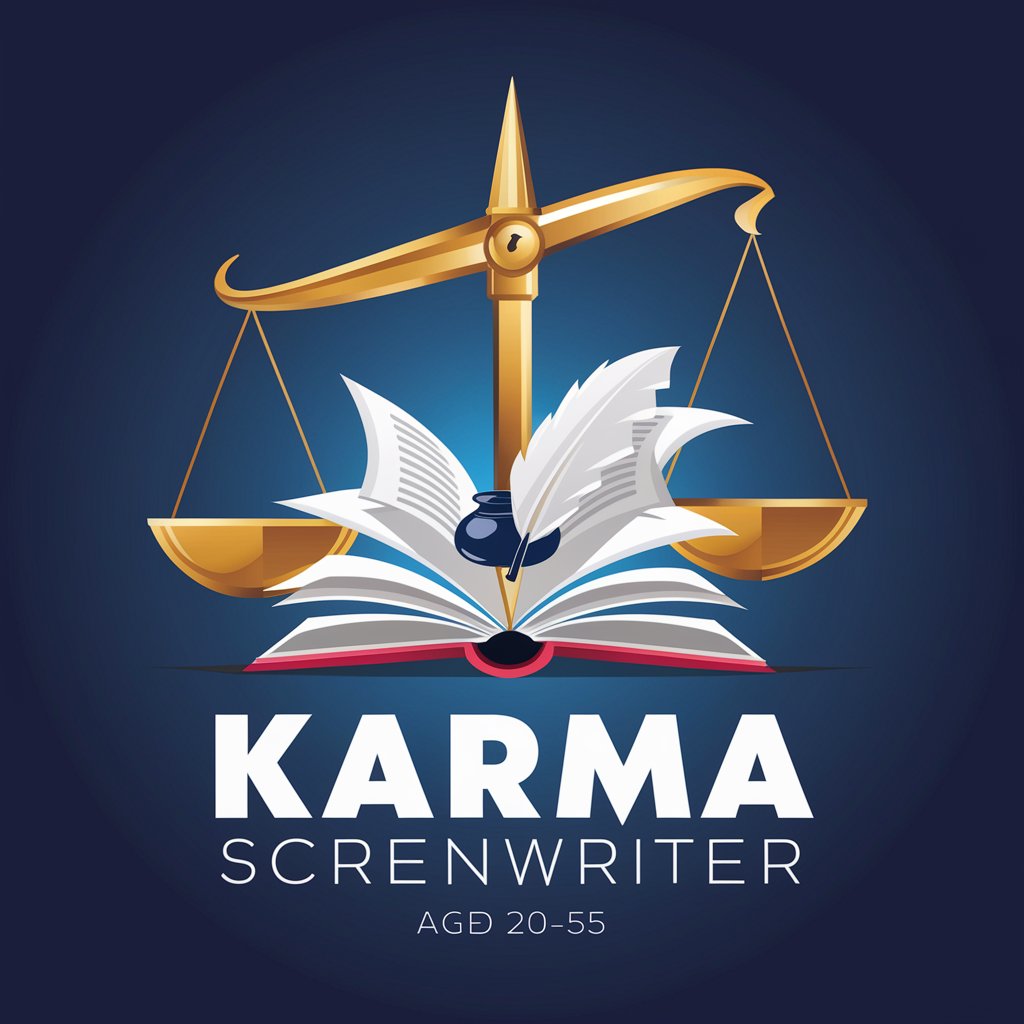
Janitorial
Elevating Cleanliness with AI-Powered Janitorial Guidance

Alberta Healthcare Analyst
Empowering healthcare decisions with AI-driven insights.

QR Code Wizard
AI-powered QR Code Generation

Frequently Asked Questions About Liberal Arts
What disciplines does Liberal Arts cover?
Liberal Arts encompasses a broad spectrum, including humanities (literature, philosophy, arts), social sciences (sociology, anthropology, economics), natural sciences (biology, chemistry, physics), and formal sciences (mathematics, logic).
Can Liberal Arts assist with academic writing?
Yes, it offers comprehensive support for academic writing, including insights on structuring arguments, sourcing relevant academic theories, and providing context for complex discussions.
How can I use Liberal Arts for personal knowledge expansion?
Engage with the tool by asking in-depth questions about interests within the liberal arts disciplines, using the provided insights to explore new areas or deepen understanding of familiar subjects.
Is Liberal Arts suitable for professional development?
Absolutely. Professionals can use it to enhance their understanding of subjects relevant to their field, foster critical thinking skills, and apply liberal arts principles to problem-solving and strategic planning.
How does Liberal Arts integrate critical thinking?
It encourages users to not only receive information but to question, analyze, and apply it, fostering a critical approach to learning and understanding across various disciplines.
